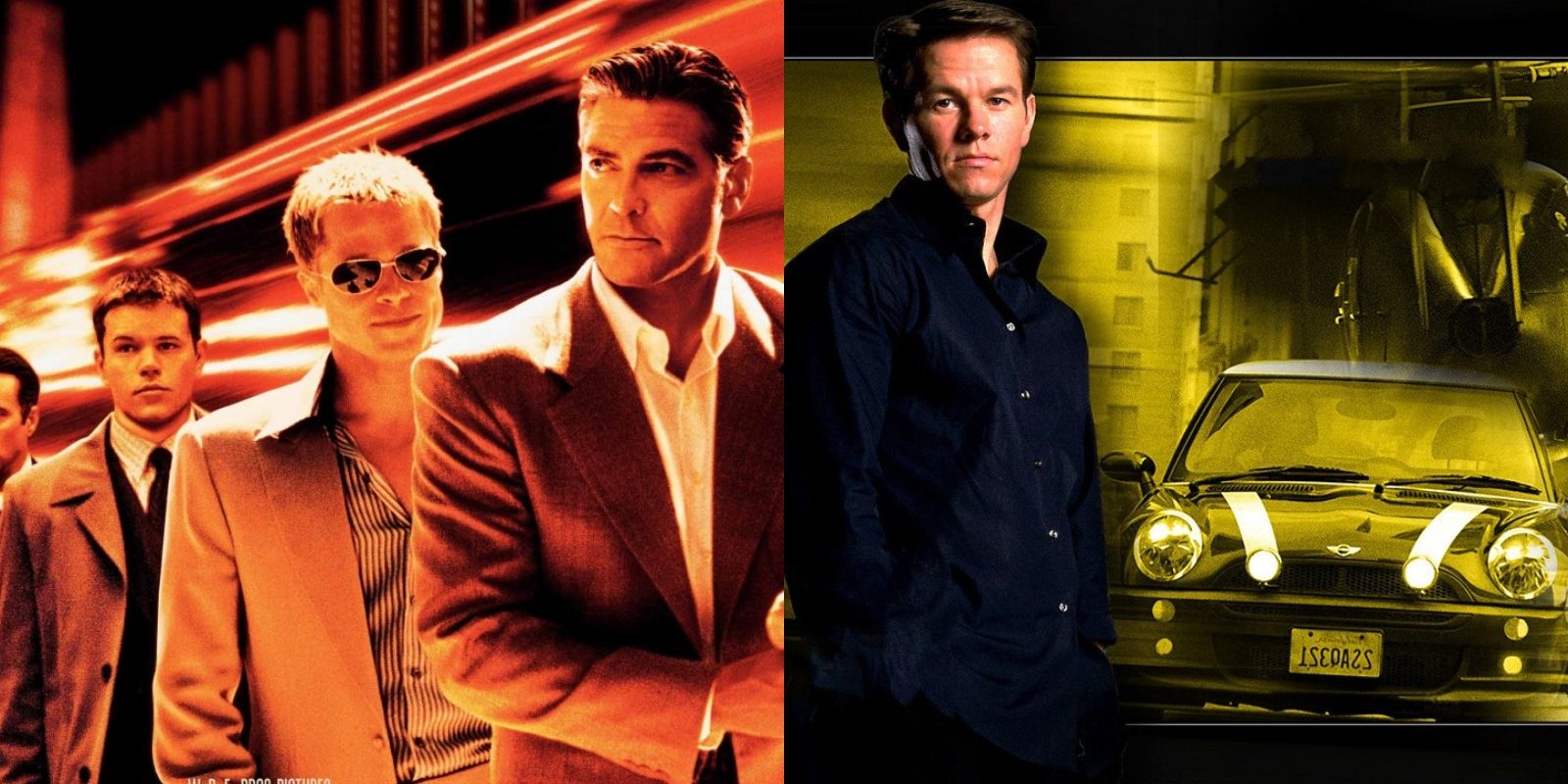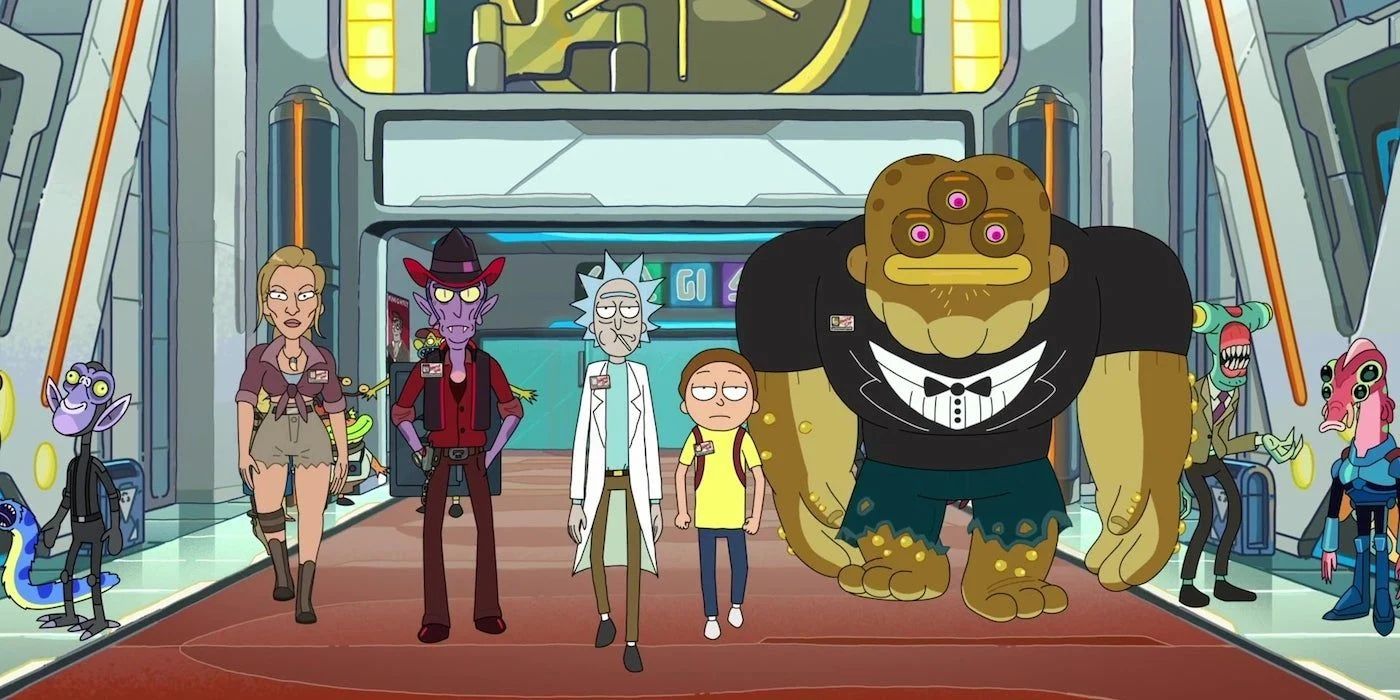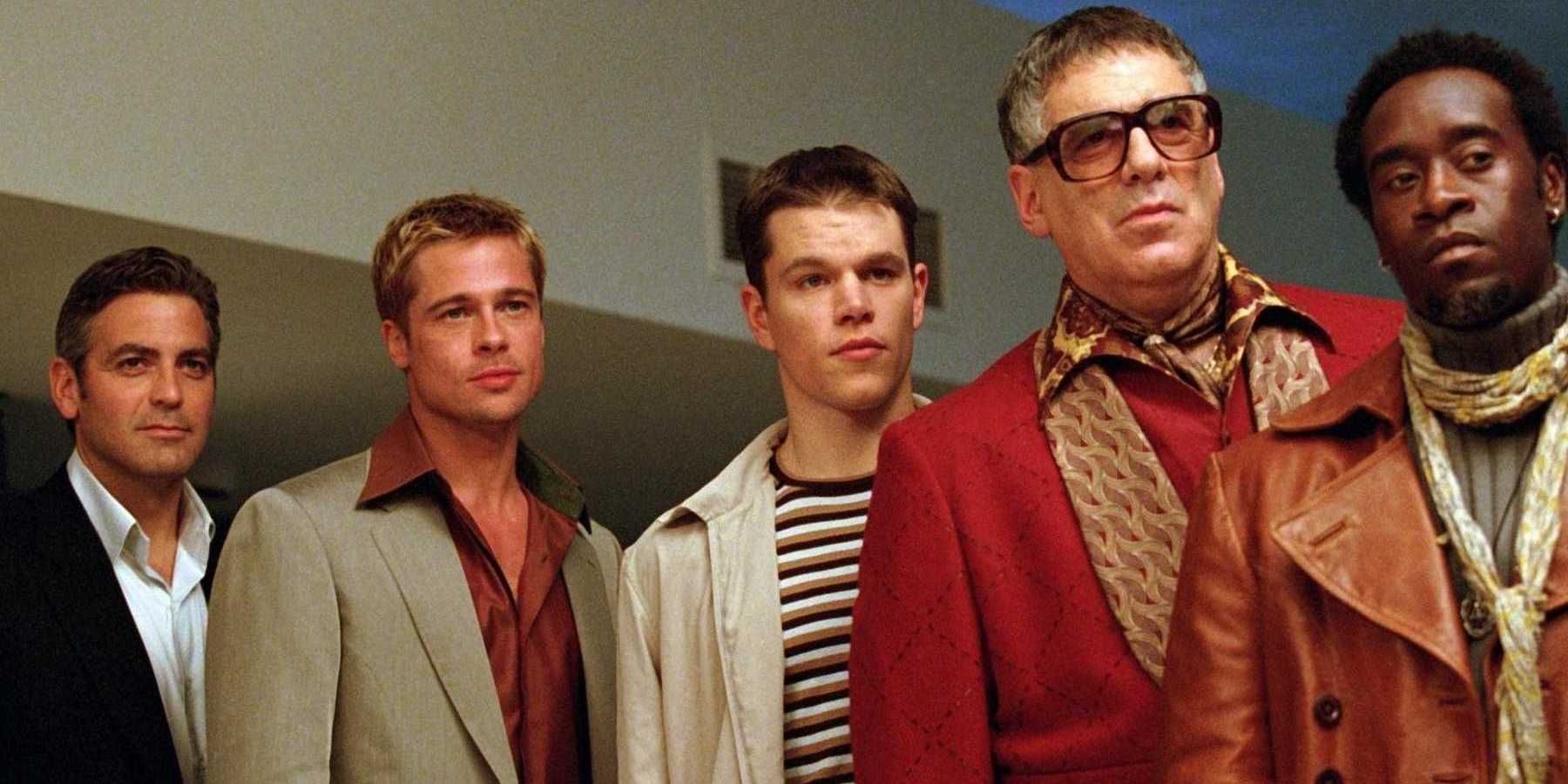Most people love a good heist film because most people think that earning millions of dollars after working for a brief period of time would be pretty cool. Obviously, not everybody’s going to go out and try to rob a casino, so movies provide the escapism that lets people feel the thrill of doing so instead.
What makes for a great heist film? By all measures, these characters are bad people and they are committing what amounts to an elaborate robbery. What is it that allows for a motley crew of characters to steal not only large quantities of money, but also the hearts of viewers?
THE STAKES
One of the biggest things that need to be set up for a heist movie is why the heist is happening. For instance, if the hero is robbing a bank just for kicks or because they don’t want to make money the legit way, they’re not a likable or sympathetic hero and viewers are likely to root for them to fail. Perhaps their life or the life of a family member is on the line if they don’t pull the heist off, like in Gone In 60 Seconds.
Strangely enough, Ocean’s Eleven manages to work even though it’s established that Danny Ocean is robbing the casino for no good reason other than to win his girlfriend back. Maybe it’s because they hint at Terry Benedict being an amoral businessman, maybe it’s George Clooney’s charm, or maybe viewers' minds are getting clouded by the swinging soundtrack, but at the end of the day, Danny Ocean has no good reason to rob that casino.
THE CREW
Every good heist needs to have a varied cast of characters with different responsibilities. For extra flavor, perhaps their personalities clash and cause conflict in the group. Somebody needs to have weird quirks, like a con man who sweats a lot or someone who sneezes when they get nervous. When these characters have unique flaws, interpersonal squabbles, and zany personalities, it makes the payoff that much more satisfying when they expertly do their job and complete their crucial part of the heist.
Then there’s the possibility of the classic double-cross. Is everybody the hero is working with trustworthy? How solid was the vetting process for their crew? Did the opposition get to one of them first? With every heist movie, the possibility of a double-cross is around every corner, ready to shake things up and make it interesting if things are going too smoothly.
THE SCHEME
If a heist doesn’t have a zipline, five fake-outs, a decoy heist, three costume changes, and an elaborate distraction, then what’s the point? The robbers may as well just break a window to get in. A huge part of the fun of watching a heist is the game of chess it all becomes, where a character sets up a 30-second window to swap the camera feed while the bank manager tries to figure out why all of the ink pens exploded. Without a 60-step, Rube Goldberg-like plan, it stops being a heist and just becomes a robbery, and that's much less fun.
Sometimes the classic double-cross is the complexity of the scheme. For instance, the bank robbery at the beginning of The Dark Knight is a pretty straightforward smash-n-grab operation, but by the end of the heist, the only robber left is the Joker. It’s a couple of extra steps of complication that makes the opening that much more interesting and serves as a fun introduction to the villain of the movie.
THE SCORE
What’s the loot? If viewers are watching an hour and a half or potentially more of a group of people robbing something, it’s going to be a disappointment if what they’re stealing ends up being coupons. It needs to be either an entire vault’s worth of cash, priceless artifacts, or perhaps even documents valuable to a government. The more interesting the "Macguffin" (the plot device the characters chase to help move the story forward), the more intriguing the heist is. In the case of classic Christmas movie Die Hard, neither the viewers nor John McClane knows it’s a heist for priceless artifacts, or even a heist at all until the vault is actually opened.
Then, of course, there’s the classic double-cross, where the prize has been swapped out, counterfeit, stolen from under their noses, or if the hero had bad intel. If the hero is particularly cunning, they already knew this would happen, but if not, this leaves open the possibility that the heist doesn’t succeed (or succeeded and it ultimately didn’t matter), or that there’s one more layer of complexity to peel through before they get to the real treasure.
THE AUDIBLE
A plan isn’t a real plan if there isn’t a Plan B, Plan C, or Plans D through L. When working with so many variables, something is bound to go awry. Sometimes it's necessary to call an audible because one of the heist members’ flaw has proven to be too insurmountable, or the classic double-cross has finally reared its hydra-like head. Either way, any good mastermind who knows the poem about plans, mice, and men, will act accordingly.
THE RULE OF COMPLEX SCHEMES
There’s an unwritten rule when it comes not just to heists, but movies in general. It’s this: If a character hatches a plan and the viewer knows what it is ahead of time, then it is likely that the plan will fail. The reason for this is simple: it’s not as interesting for viewers be told what a sequence of events will be, and then watch it happen just as it was described. That leaves the viewer with no surprises, and ideally a movie wants to have unexpected things happen in it. So if someone is watching a heist movie and they know full-well what the plan is before things really shake out, they best beware that the heist will probably have something go wrong with it, like a heist member getting sick, or the classic double-cross.
Not all heist movies need to follow all of these rules, but these are also fairly basic traits the movie could possibly have. Some movies aren’t about the heist itself, but rather what’s happening around the heist, like Sexy Beast or The Bank Job, in which case details about the heist become less important, but not trivial. There’s nothing like watching a plan come together, and when a fictional heist has all of the right elements, it can be thrilling to watch as things unfold.



